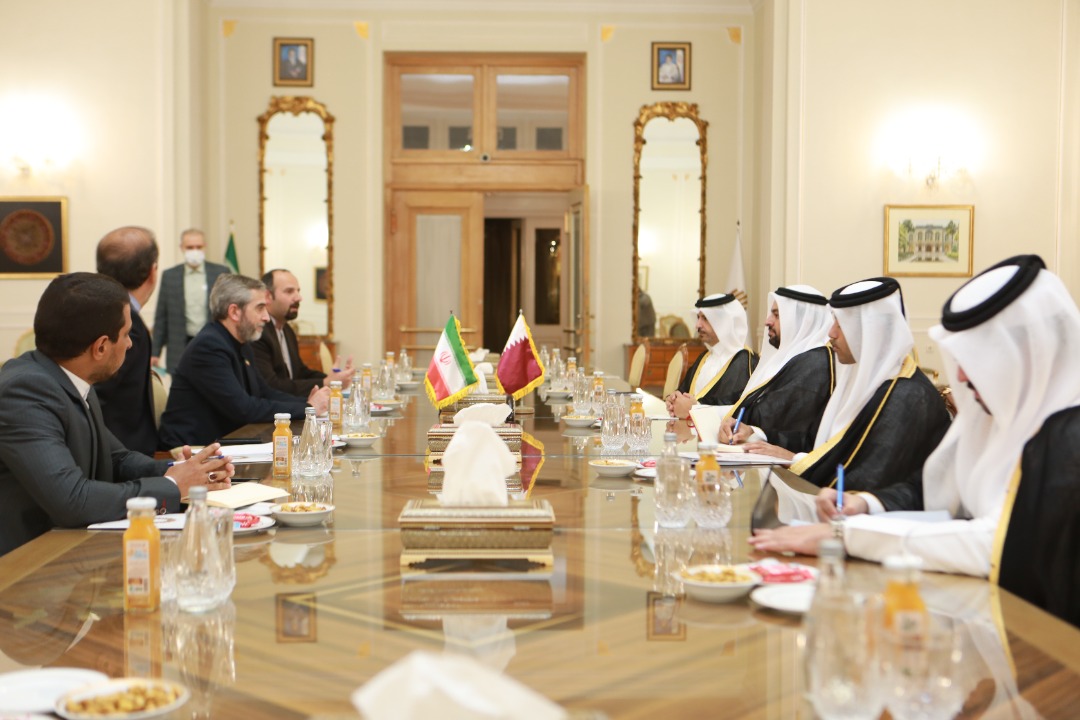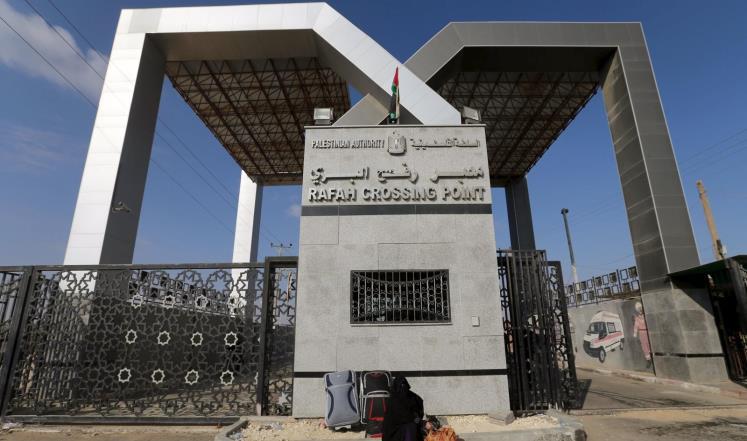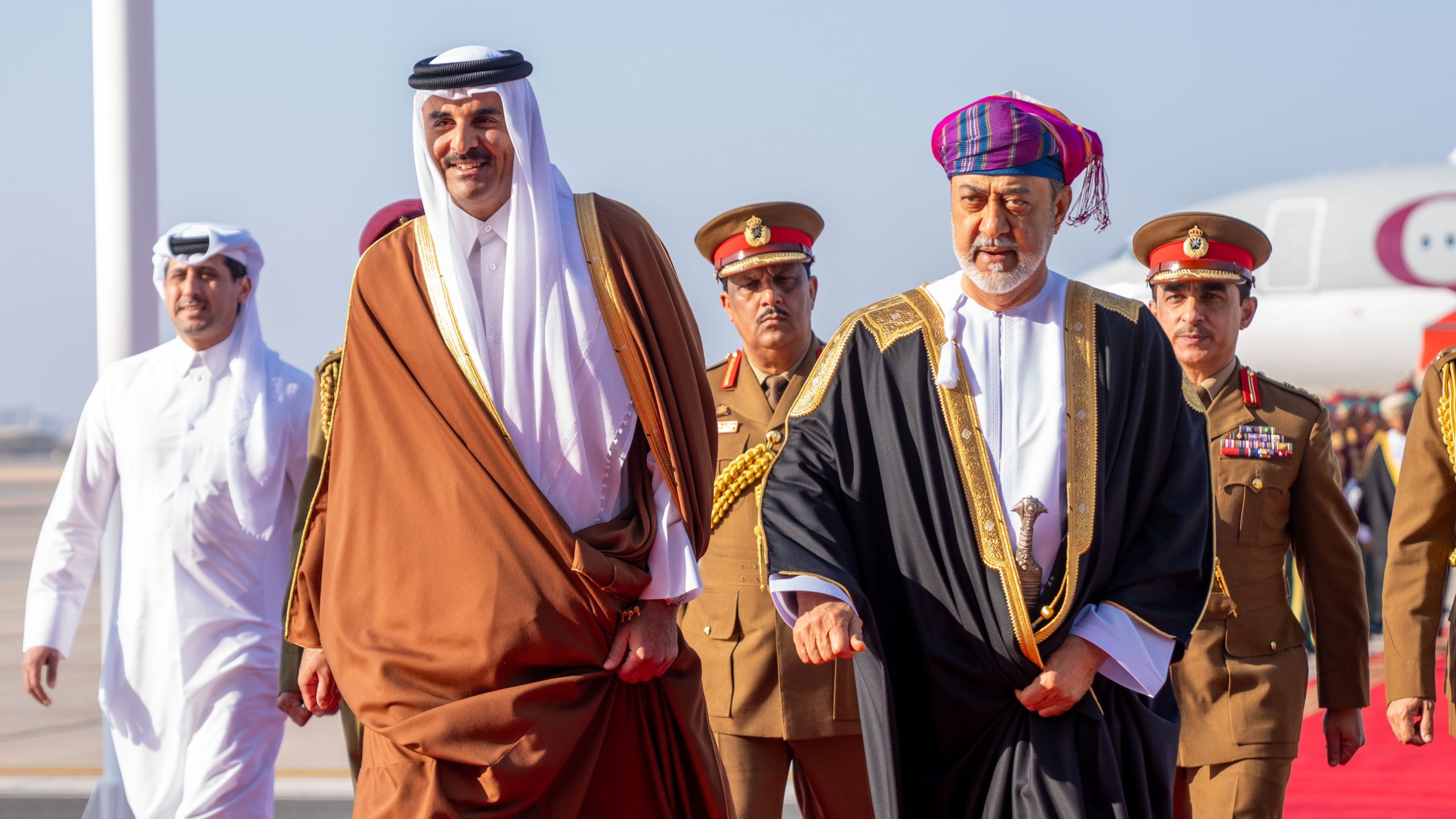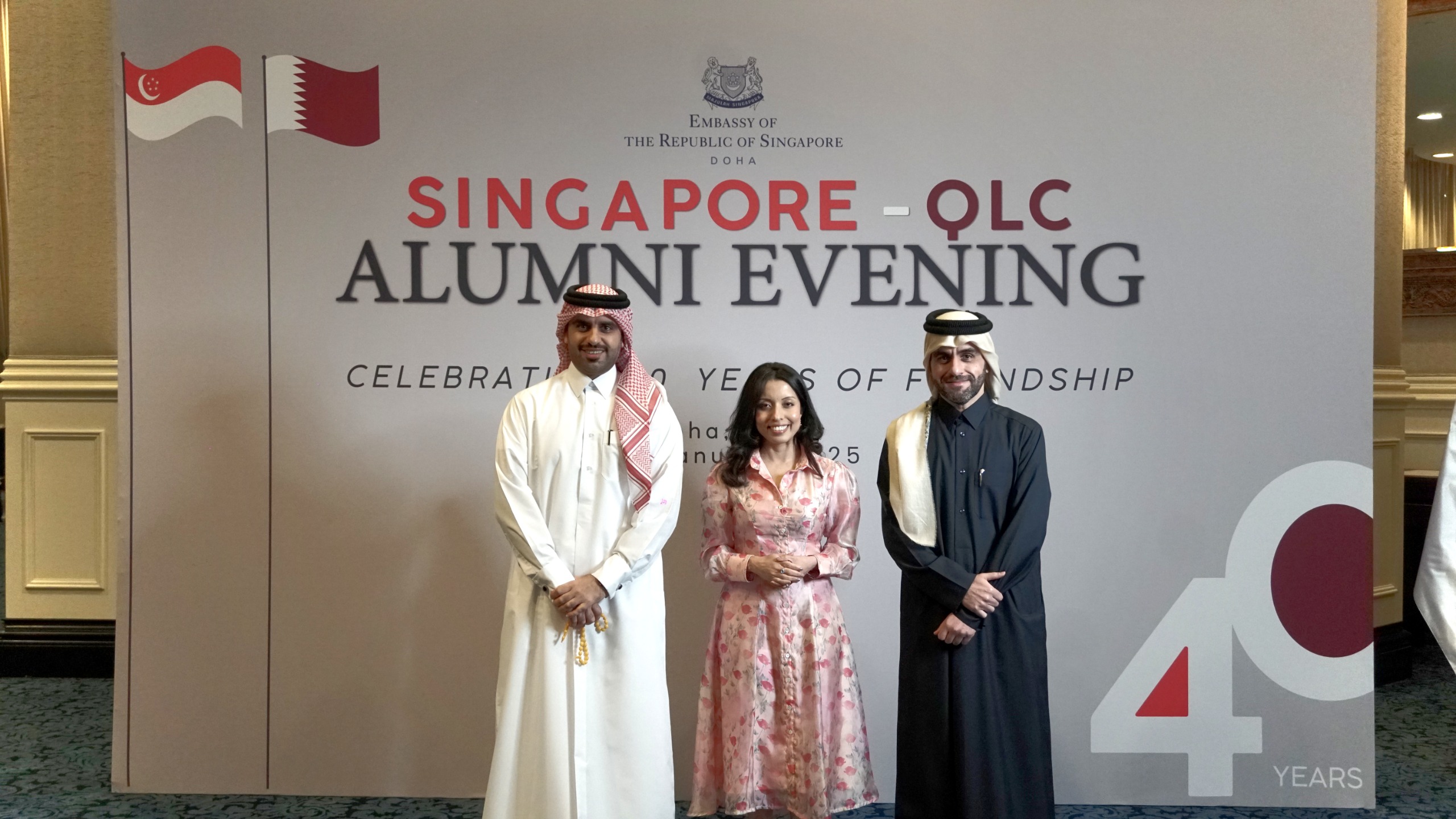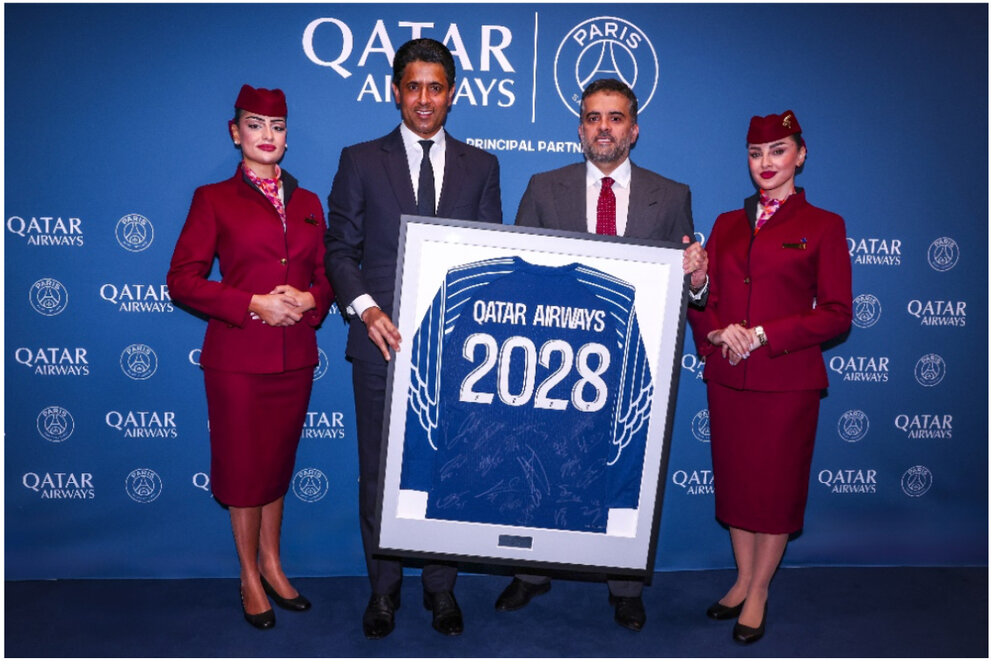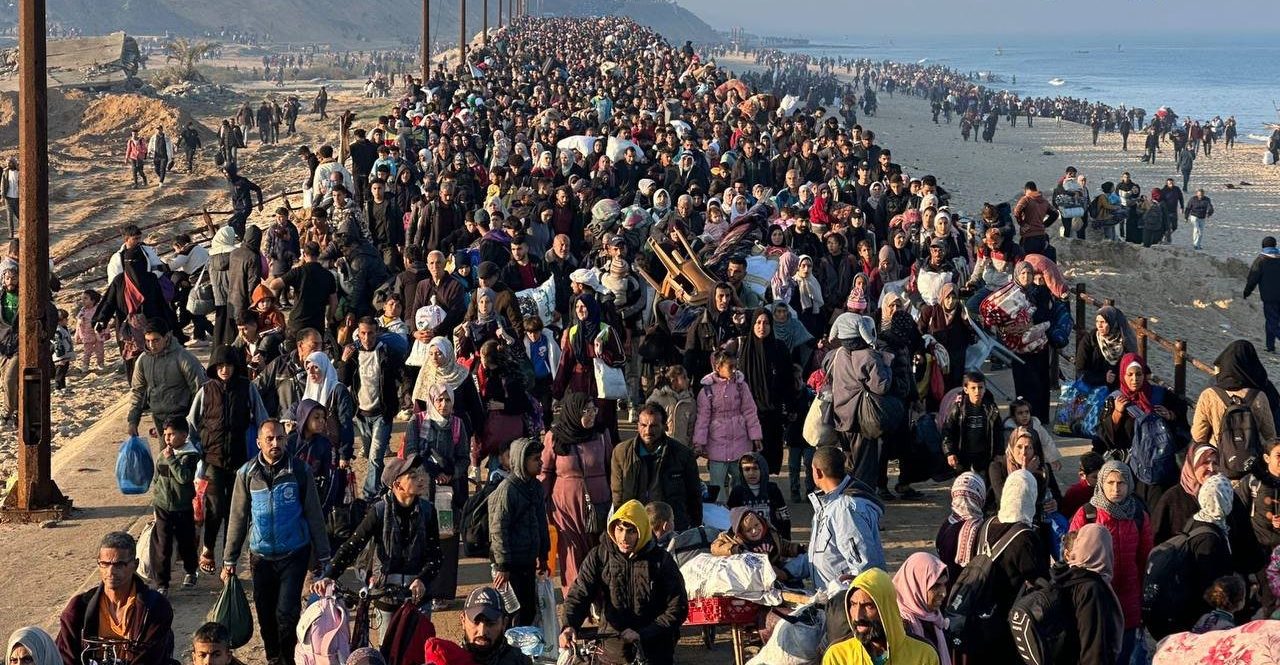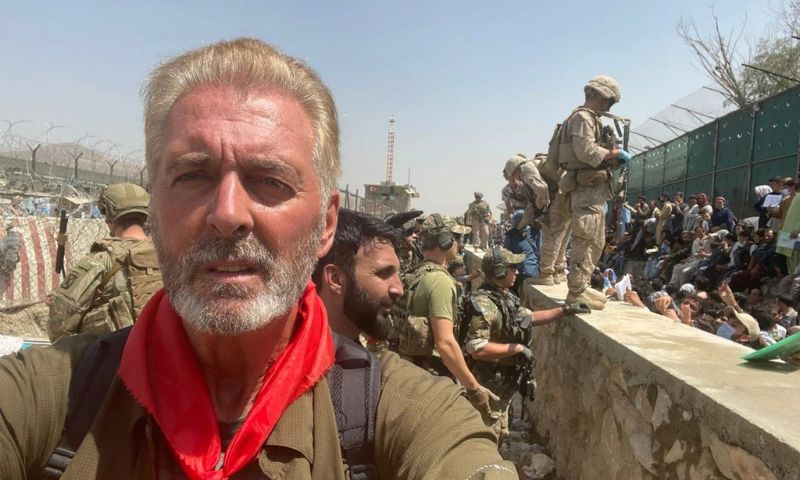Reports by news website close to Iran’s Supreme National Security Council said Tehran’s review of the US proposal is going to continue until the end of the week.
Doha has stressed the importance of increasing efforts to advance talks to restore the 2015 nuclear deal during a Saturday meeting in Iran between Qatari and Iranian diplomats.
According to Qatar’s foreign ministry, the meeting was attended by the Gulf state’s Assistant Foreign Minister for Regional Affairs Mohammed Al Khulaifi and Iran’s top negotiator, Ali Bagheri Kani.
In a statement, Doha’s foreign ministry said the officials reviewed developments in indirect talks between the US and Iran that aim to revive the Joint Comprehensive Plan of Action (JCPOA).
Al Khulaifi also expressed “Qatar’s aspiration for a close agreement” between the US and Iran.
“The Assistant Foreign Minister for Regional Affairs stressed the importance of advancing further in order to revive the nuclear agreement, which is in the interest of the security and stability of the region,” read the statement.
On the same day, Al Khulaifi held a phone call with the European Union’s coordinator for the Vienna talks Enrique Mora.
The latest conversations come amid growing efforts by Doha to help reach an agreement between the US and Iran following more than a year of negotiations, which kickstarted in Vienna last year.
On Thursday, Qatar’s Foreign Minister Sheikh Mohammed bin Abdulrahman Al Thani held a phone call with his Iranian counterpart, Hossein Amir-Abdollahian.
During the phone call, Sheikh Mohammed said “Qatar looks forward to the Islamic Republic of Iran and the United States of America reaching a consensus that would contribute to reviving the nuclear deal”.
Qatar has long called for the revival of the JCPOA and reaching a fair agreement that takes into consideration the concerns of all parties. Following a stalemate in talks in Vienna, Qatar hosted a round of negotiations in Doha in June.
While the two-day talks yielded no results, it did come ahead of reported progress over the last few weeks, with both the US and Iran submitting their responses to the final EU text over the deal.
EU proposal under review
On Wednesday, the US sent its response to the EU draft, a week after Iran sent its version, with Tehran’s Foreign Ministry Spokesperson Nasser Kanaani confirming that a detailed review is underway.
On Sunday, Nournews, a website close to Iran’s Supreme National Security Council, said Tehran’s “precise examination of US’s responses” will continue until the end of this week.
The responses by the US and Iran come at a critical point in the talks, which have appeared to be closer to a deal than ever. The EU’s foreign policy chief, Josep Borrell, said both responses are “reasonable”.
In its response to the EU text, Iran called on the US to show flexibility in resolving three remaining issues, two of which “have been orally accepted” by Washington.
Mohammad Marandi, an advisor to the Iranian negotiating team, had said “the Iranians were able to get many concessions with respect to several issues, [including] sanctions, guarantees, verification and also preserving the nuclear advances.”
Indirect talks between the US and Iran to restore the accord started in April last year under the Joe Biden administration though with a climate of mistrust.
This is due to the abandonment of the deal by the former US Donald Trump administration in 2018, three years after the signing of the accord. Trump slapped crippling sanctions on Iran in the process.
Citing people privy to the matter, reports stated that the EU proposal stipulates the lifting of sanctions against 150 economic institutions and 17 Iranian banks the day after a new agreement is signed.
Iran will also be able to export 50 million barrels of oil per day within 120 days of the signing of the deal.
Throughout the negotiations, Iran has demanded guarantees from the US to ensure that no other administration would step out of the deal. It has also demanded the removal of the sanctions.
Delisting Iran’s paramilitary arm, the Islamic Revolutionary Guards (IRGC), from the US State Department terrorist list (FTO) was also a key demand.
Former Iranian Foreign Minister Sayyid Kamal Kharrazi said in March that a failure to delist the Guards will impact the Iranian economy, given its ties to Tehran’s economic entities.
However, Marandi previously stated that it was not a precondition in the talks.
“I’ve said for months, removing the Guards from the FTO is not a precondition,” tweeted the Iranian official last week.
Iran has also called for the closure of the International Atomic Energy Agency’s (IAEA) probe before an agreement is reached. Responding to the abandonment of the JCPOA, Tehran had increased its nuclear enrichment, reaching its highest levels since the accord was first signed in 2015.
Last year, Tehran enriched its uranium at 60% in response to a series of attacks on its nuclear sites, including the Natanz facility. The blame was pointed at Israel for its opposition to the revival of the JCPOA.
Israel’s claims over Iran’s development of a nuclear weapon have been repeated consistently in recent decades.
However, the Islamic Republic maintains that the enrichment is to manufacture radiopharmaceuticals, rejecting claims of developing a nuclear weapon.
On Wednesday, Israeli Prime Minister Yair Lapid said that “on the table right now is a bad deal” and suggested a return to such an accord would allegedly destabilise the Middle East.
Israel is the only nuclear power in the region. This comes as part of Tel Aviv’s efforts to maintain military advantage in the region—ultimately ensuring that it can continue illegally occupying Palestine without any threat.

